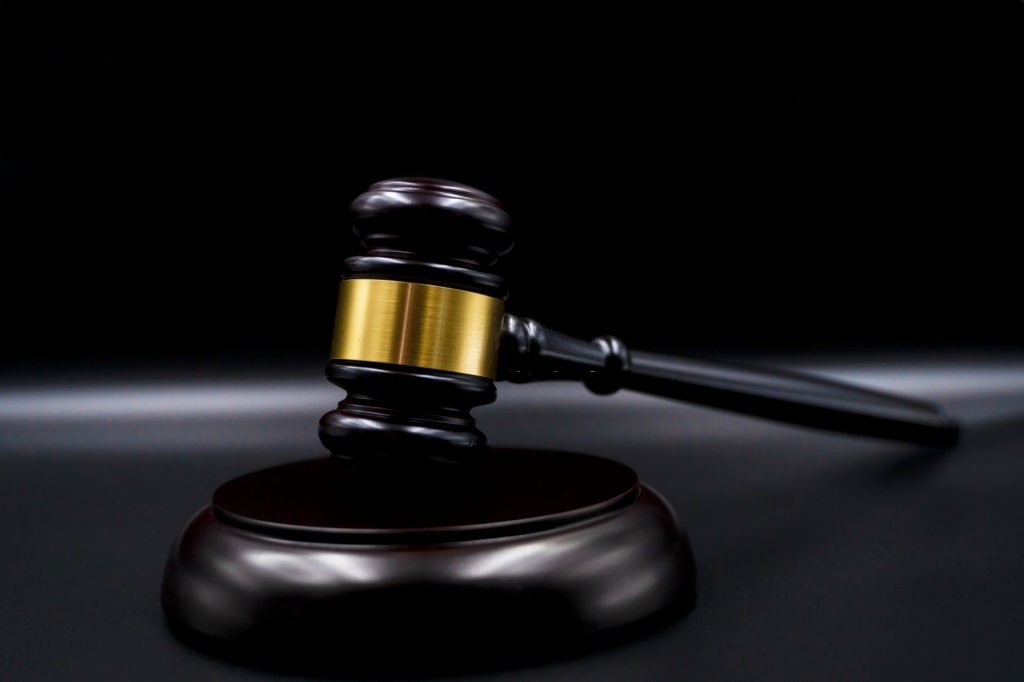In Nolder v. Commissioner, T.C. Summary Opinion 2012-50, the U.S. Tax Court examined a number of different expenses incurred by a truck driver to determine which expenses were deductible. This case provides a good overview of the typical expenses truck drivers incur that are and are not deductible.
Facts & Procedural History
Mr. Nolder was an over-the-road truck driver. He lived in the cab of his truck while away from home.
Mr. Nolder used a tax preparer to prepare his tax returns in 2007 and 2008. The tax return preparer provided Mr. Nolder with preprinted worksheets entitled “Trucker’s Deductible Business Expenses,” which listed various items and also included blank lines for Mr. Nolder to complete.
The tax return preparer told Mr. Nolder that he did not need to retain receipts for any items under $75. The worksheets also include the statement “Over 30 Years experience in Trucker Taxation.”
The IRS audited Mr. Nolder’s tax returns for 2007 and 2008 and disallowed a portion of the claimed employee business expense deductions.
Mr. Nolder petitioned the tax court to redetermine his tax liability.
What Expenses Can Be Deductible?
An individual performing services as an employee may deduct expenses incurred in the performance of services as an employee only as miscellaneous itemized deductions on Schedule A, Itemized Deductions, and then only to the extent such expenses exceed 2% of the individual’s adjusted gross income.
The court can apply the Cohan rule to estimate the amount of the expenses if the taxpayer establishes that he or she paid or incurred a deductible business expense, but cannot establish the amount of the expense. Certain expenses may not be estimated because of the strict substantiation requirements of section 274(d). The expenses to which the strict substantiation requirements of section 274(d) apply include, among other things, expenses for listed property (e.g., automobile expenses, cellular telephones, computer equipment, or any property of a type generally used for purposes of entertainment, recreation, or amusement) and travel expenses (including meals and lodging while away from home).
To substantiate a deduction attributable to listed property, a taxpayer must maintain adequate records or present evidence corroborating his own statement to show the following: (1) the amount of the expense; (2) the time and place of use of the listed property; and (3) the business purpose of the use.
The court applied these rules to the following expenses:
Cell Phone Expenses
The court noted that cell phones are listed property, subject to the heightened substantiation requirements. Mr. Nolder did not provide bills, receipts, or bank records reflecting the amounts of the expenses and did not present evidence as to the amount of business versus personal use. Thus, the court did not allow these expenses.
Cost of Clothing
The court noted that the cost of clothing and maintaining this clothing are deductible if the taxpayer establishes that the clothing is (1) required or essential in the taxpayer’s employment, (2) not suitable for general or personal wear, and (3) not so worn.
Mr. Nolder purchased some specialized clothing and safety equipment for his job as an over-the-road truck driver. This included insulated coveralls, hard hat liner, rain gear, safety glasses, steel-toed boots, winter work boots, and work gloves. The court concluded that some of this specialized clothing and safety equipment satisfy these criteria and were allowable.
The court also noted that Mr. Nolder purchased additional clothing and related items which were suitable for general or personal wear or otherwise not required for his employment, such as sunglasses, thermal underwear, tennis shoes, and sweatshirts. The court concluded that these items were non-deductible personal expenses.
Professional Supplies
Mr. Nolder deducted expenses for professional supplies, such as a briefcase, calculator, camera, faxes to his employer, film developing, dry erase markers, and pens/pencils. The court concluded that these expenses were deductible.
Truck Supplies and Parking
Mr. Nolder deducted expenses necessary for the safe operation of his truck. This included antennas, CB radio, XM Radio, atlas/maps, scanner, crowbar, tool set, lock, two inch strap/rachet combo, four inch strap/rachet combo, tarps, flashlight, batteries, first aid kit, Armorall, paper towels, towels, truck wash, floor mats, seatbelt covers, power cord, power booster, and duct tape. Mr. Nolder also deducted the cost to park it at a location near his home which provided some security and the repair cost for the driveway he parked his truck in. The court concluded that these expenses were deductible.
Meals and Entertainment Expenses
Mr. Nolder deducted various meals and entertainment expenses. This included gratuities, TV/VCR, Books/Novels, DVD movies, DVD player, Books/Magazines, and VCR tapes rented. The court determined that these expenses were personal and not deductible.
Personal Items and Expenses
Mr. Nolder deducted various employee expenses. This included laundry bag, containers of laundry detergent, Visine eye wash, air fresheners, bunk heater, down pillows, sets of sheets, sleeping bag, storage container, coffee pot, cooler motor, personal hygiene items, travel bag, refrigerator, sauce pan/tin foil pans, showers, thermos bottle, lunchbox ovens, toiletries, cleaning supplies, disinfectant, hand cleaner, bags of epsom salt, and identity theft insurance. The court determined that these expenses were persona and not deductible.
In 40 minutes, we'll teach you how to survive an IRS audit.
We'll explain how the IRS conducts audits and how to manage and close the audit.


